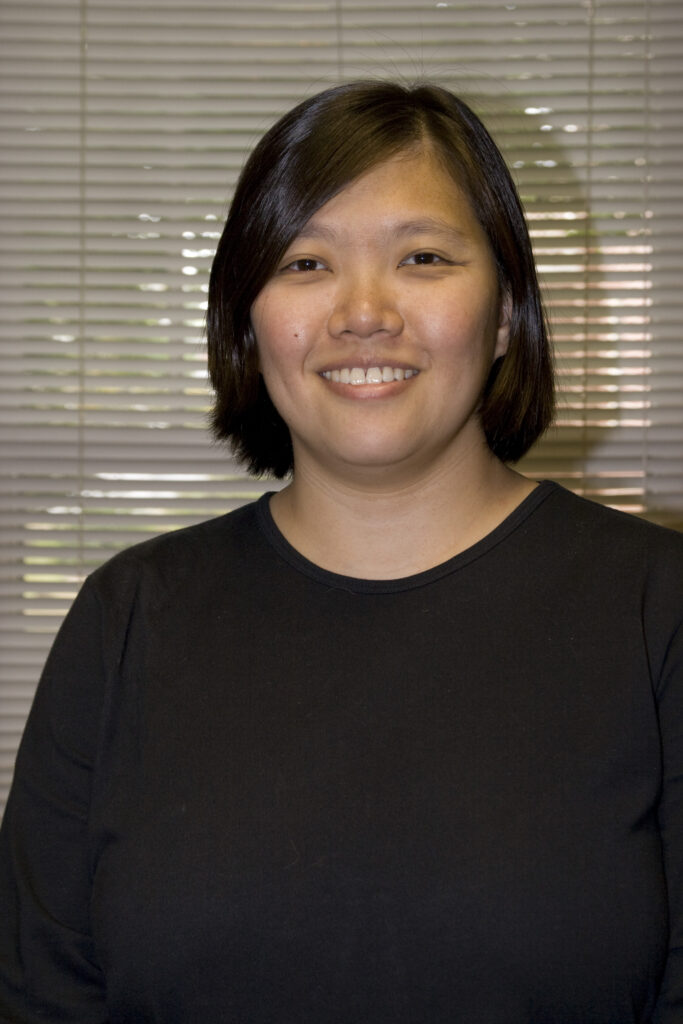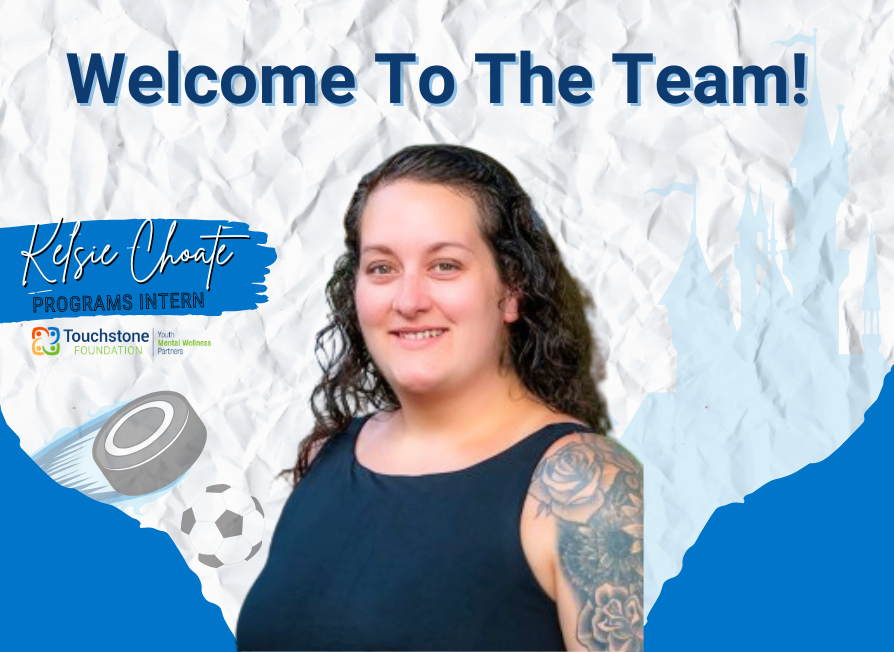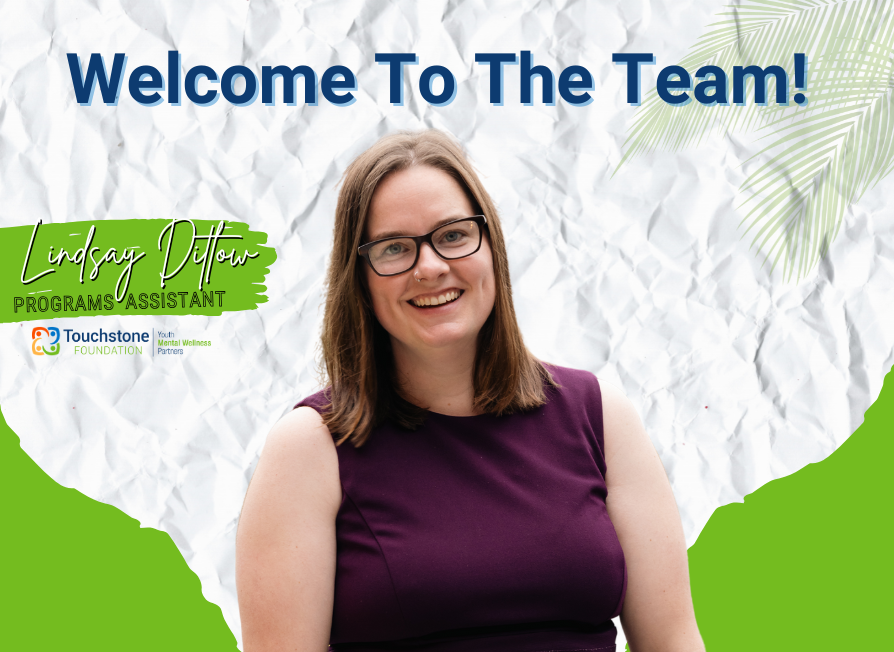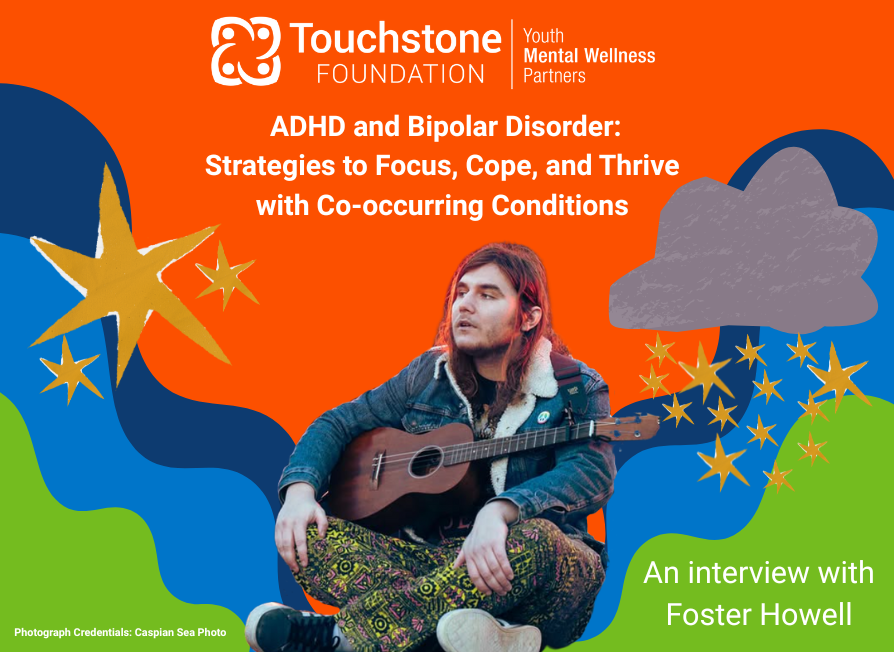
We are grateful for the expertise and perspective that Millersville University Associate Professor of Sociology Carrie Lee Smith brings to the board of directors at LOHF. We got to know her when one of her Millersville University students interned with us and knew right away that our relationship would continue.
Carrie studies sex and gender, medical sociology, sociology of reproduction and birth, work and the profession, sociology of the family, religion, race, and ethnicity, qualitative methods, scholarship of teaching and learning, and community-based research.
Since 2014, she has served as a Faculty Research Fellow at the Center for Public Scholarship and Social Change at Millersville University. Carrie also serves on the boards of the Edward Hand Medical Museum, and Ambassadors for Hope. She earned her Ph.D. in Sociology from Vanderbilt University.
What motivates you to volunteer your time and talents with LOHF?
In focusing on elevating the mental wellness of children and youth, LOHF does valuable work. While we have made tremendous strides over time, there is still a stigma surrounding mental health and wellness. LOHF takes a professional, thoughtful, and empathetic approach in advocating for the mental wellness of children and youth. In addition, I am glad to serve on a working board, with dedicated and contributing board members. I would be remiss if I did not mention the outstanding LOHF staff, whose dedication and hard work inspire me.
How have your personal and/or professional experiences informed your volunteer service to LOHF?
In my day job, I am an academic sociologist – teaching courses in “Medical Sociology,” “Sociology of Mental Health,” and “Sociology of the Family.” Teaching this trio of courses means that I often think about, and draw my students’ attention to, issues of caregiving and family support. In fact, in my “Sociology of the Family” course, I devote a specific unit to caregiving for family members with mental illness. Discussions and conversations with colleagues and students have only impressed upon me the difficulties and challenges families face with mental health and caregiving. I often think about how LOHF can best support and reach families where they need help most. Personally, as someone who has been diagnosed with clinical depression, I have been extremely lucky in accessing healthcare, medication, and social support. That has definitely informed my approach to how LOHF can best support children’s and youth’s mental wellness.
What has been the most impactful or memorable result of LOHF’s work that you have seen during your involvement with LOHF?
I am consistently impressed with the wide range of programs and initiatives that LOHF supports – from expanding the talent pipeline of mental health care providers to the copay assistance program. LOHF is innovative and creative in thinking about different ways they reach out to families, and in tracking the impacts of their various programs. It’s not necessarily a result per se, but what has been most memorable to me is the careful thought that LOHF brings to its work, and its focus on looking at the big picture. Some of the most memorable discussions I have had focus on whether and how programs align with LOHF’s values and mission, as well as how these programs fit within the larger county, state, and national context. This kind of careful deliberation and stewardship is, to me, a hallmark of LOHF.
What is the most encouraging thing you see on the horizon to improve mental well-being for youth and children in Lancaster County?
I am heartened that different organizations and stakeholders in Lancaster County are beginning to work with each other. This collaboration is necessary if we are to come up with structural and sustainable solutions to improving mental well-being. I am also encouraged that we’re beginning to implement programs that focus specifically on the mental well-being of youth and children in Lancaster County – from providing training in trauma-informed care to assisting children with an incarcerated parent.
Is there something that would be surprising or fun to know about you?
One of my favorite genres is travel writing. I love to read the work of travel writers like Ian Frazier and Sara Wheeler. Here’s the catch: I actually do not like to travel. Sometimes, the logistics overwhelm me and I’m not a particularly good flyer. Yet, I am interested in the wide world out there. So, the next best thing is to learn about the world through travel writing!




